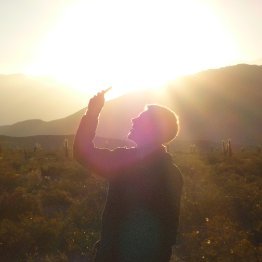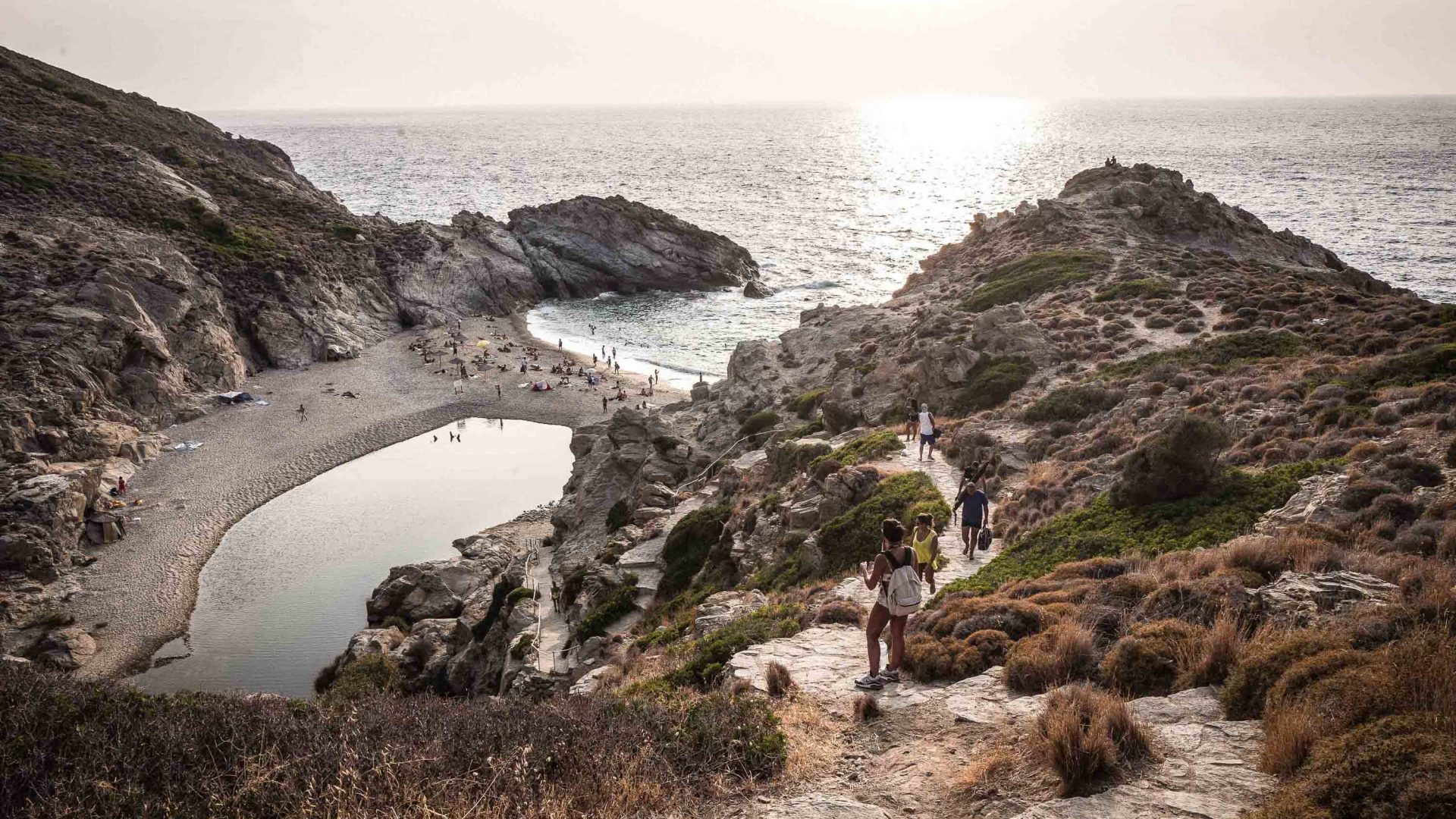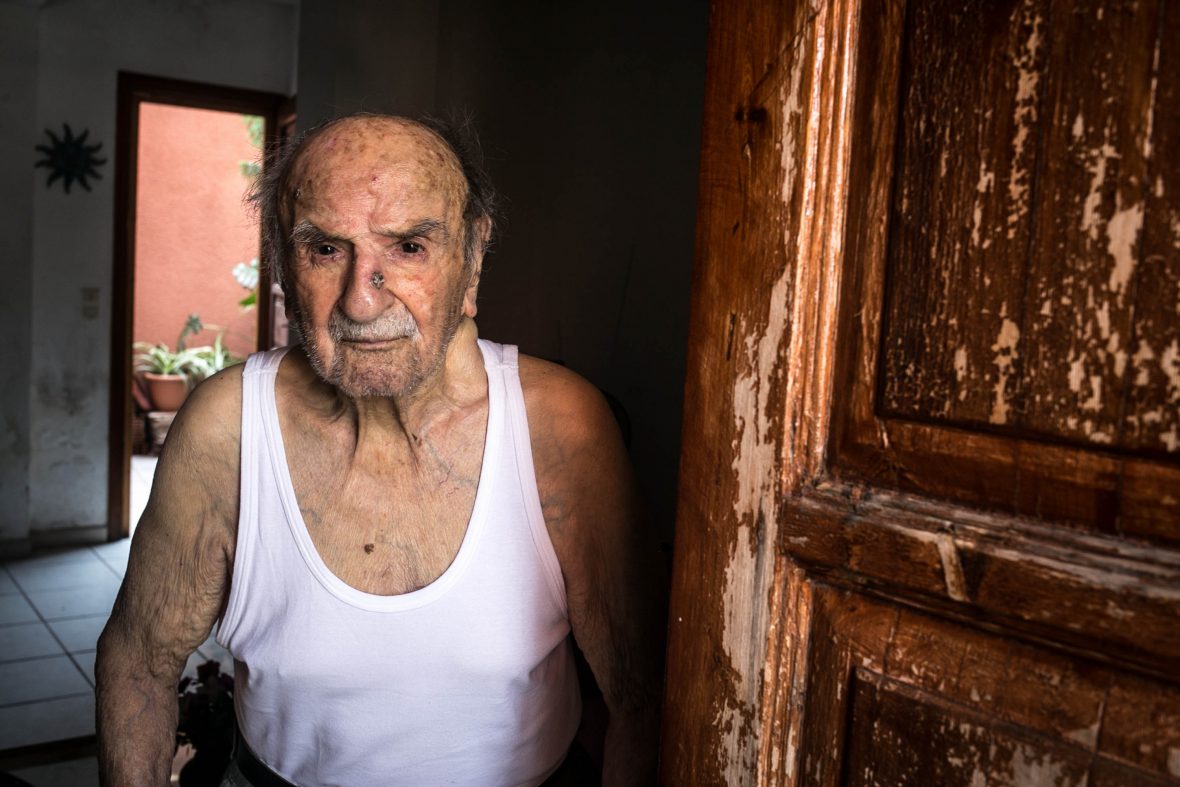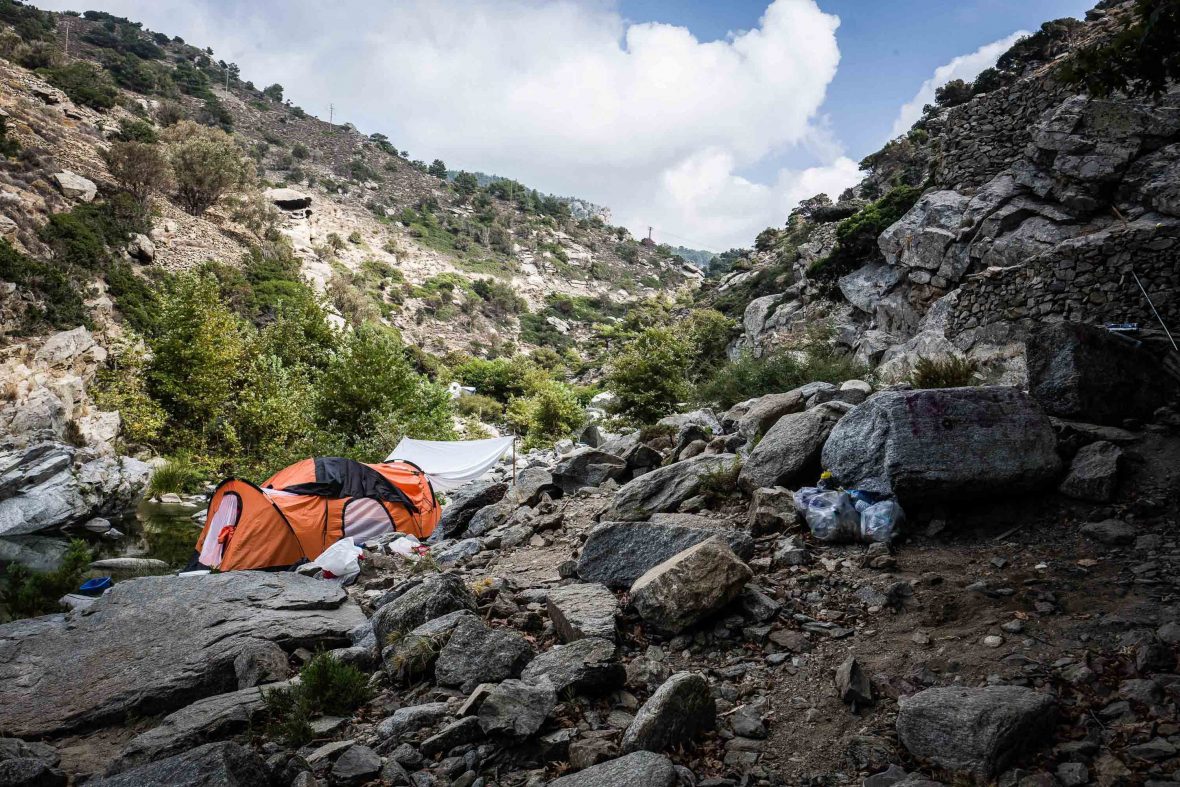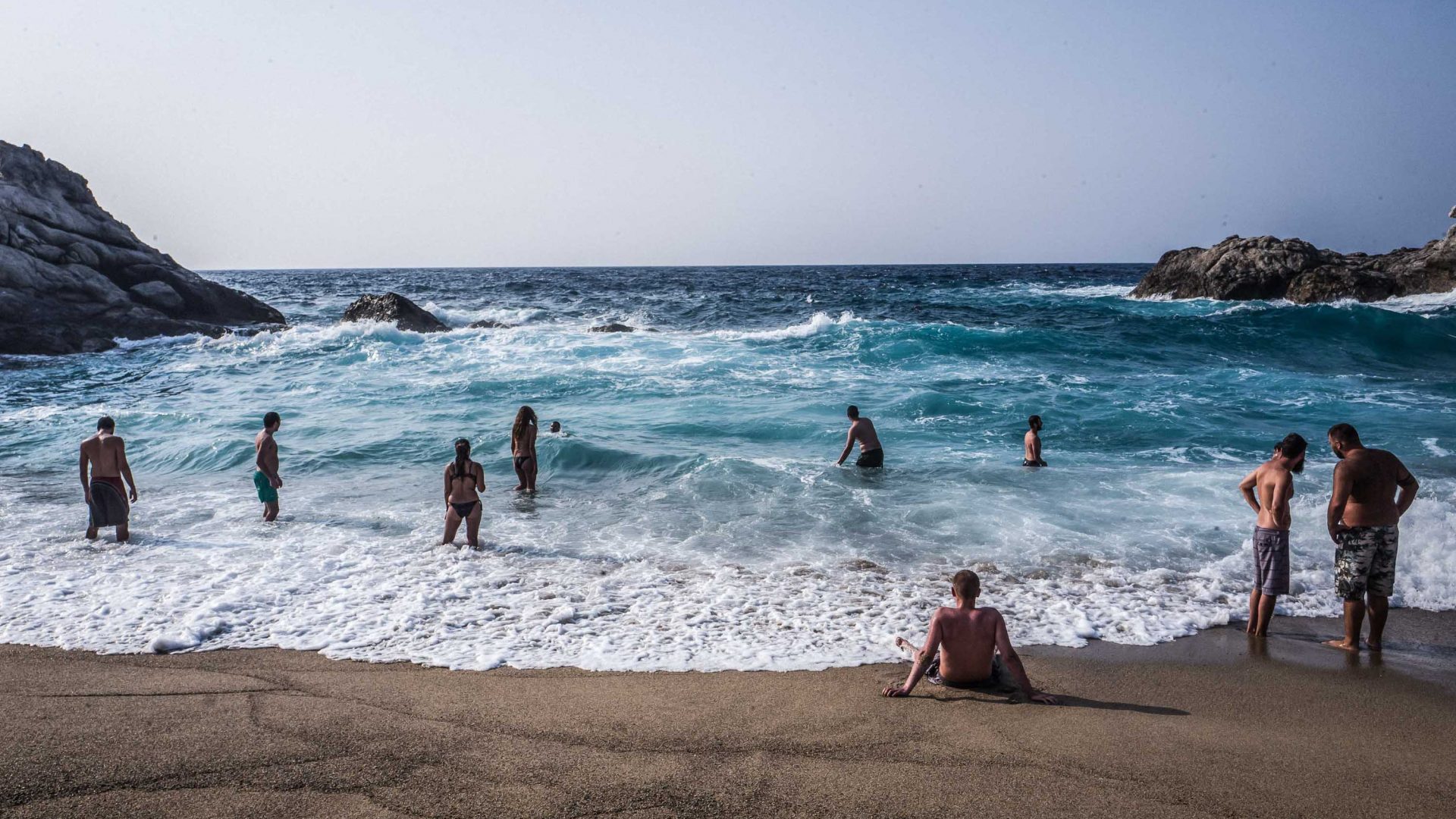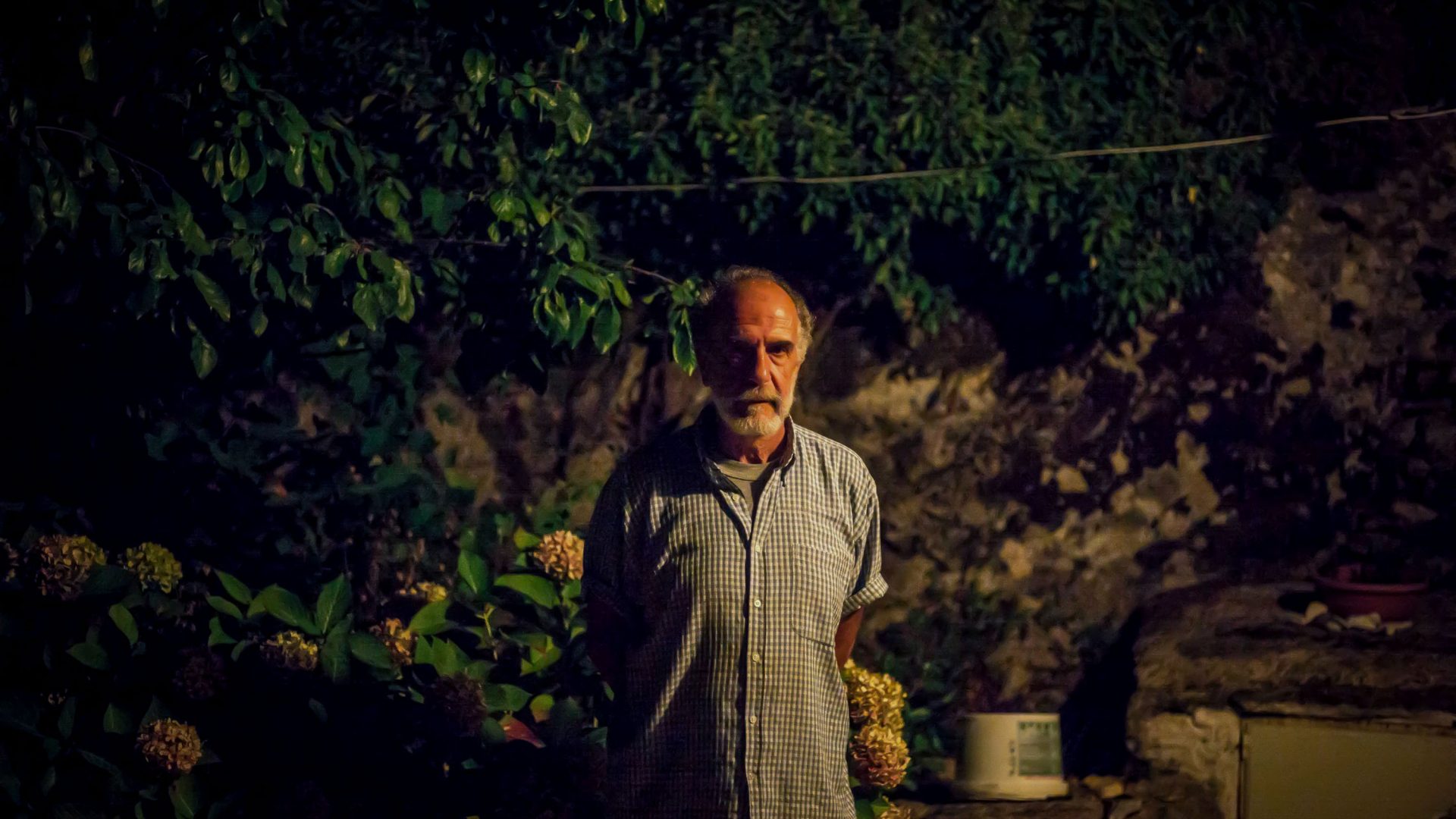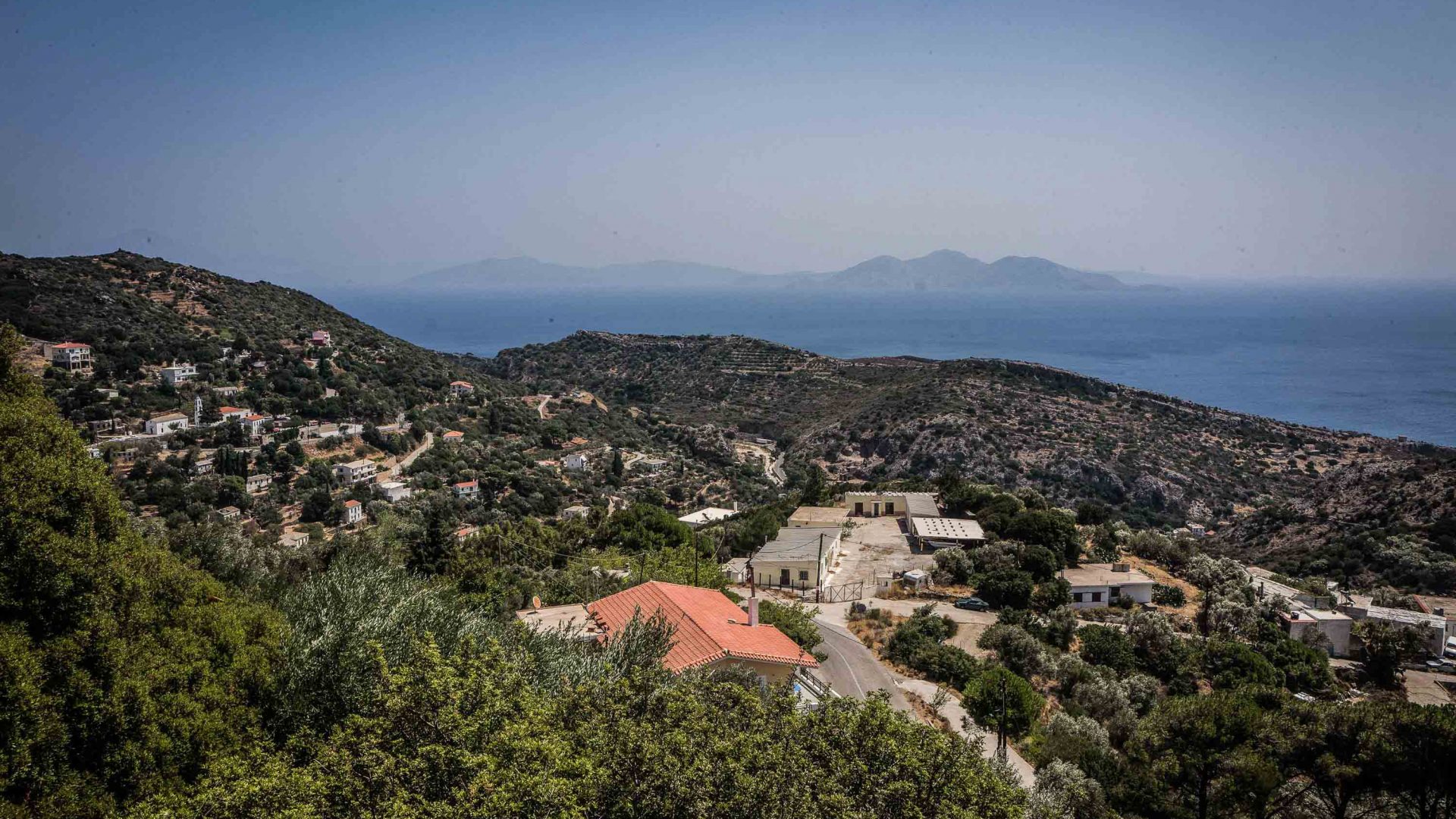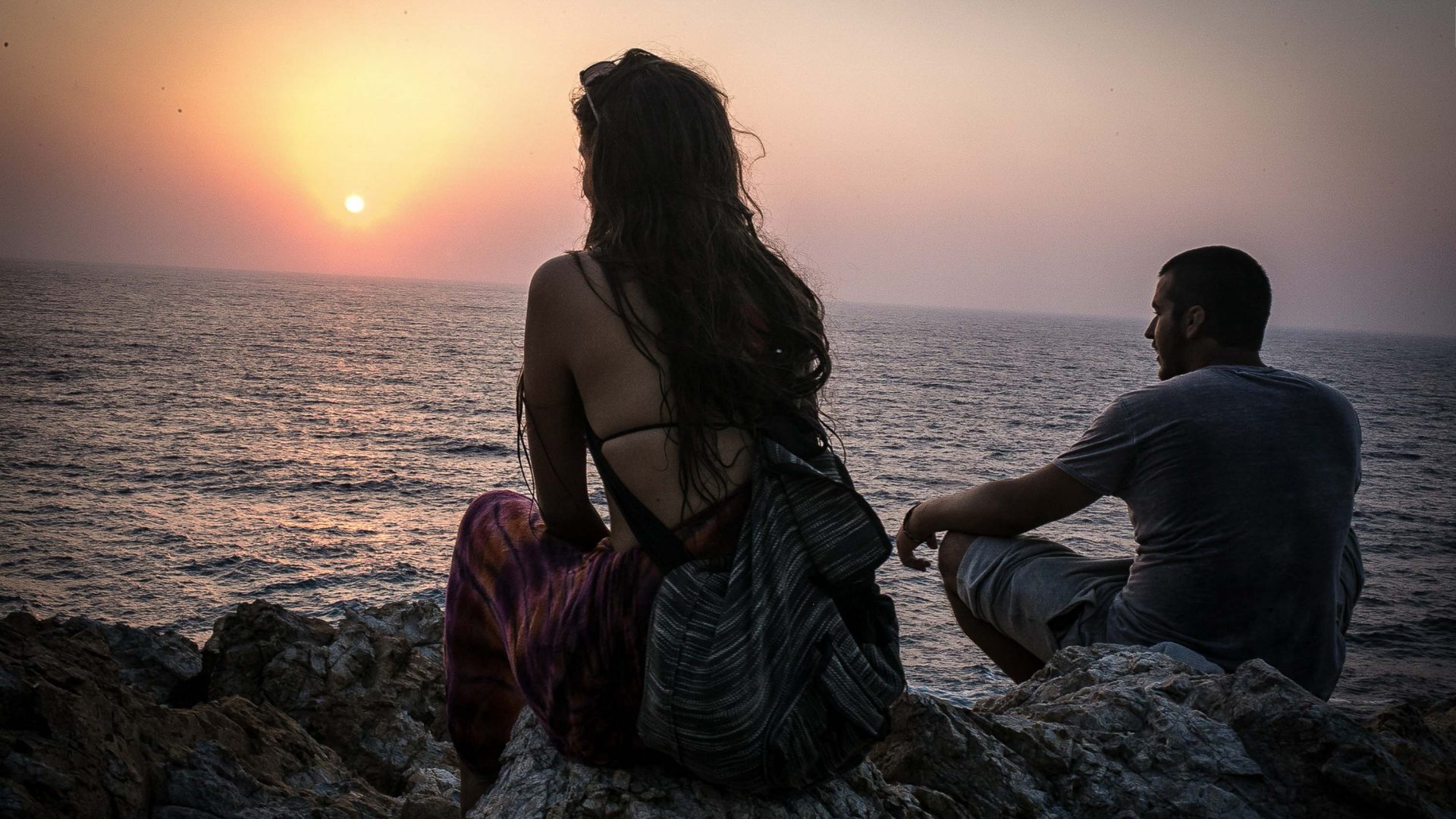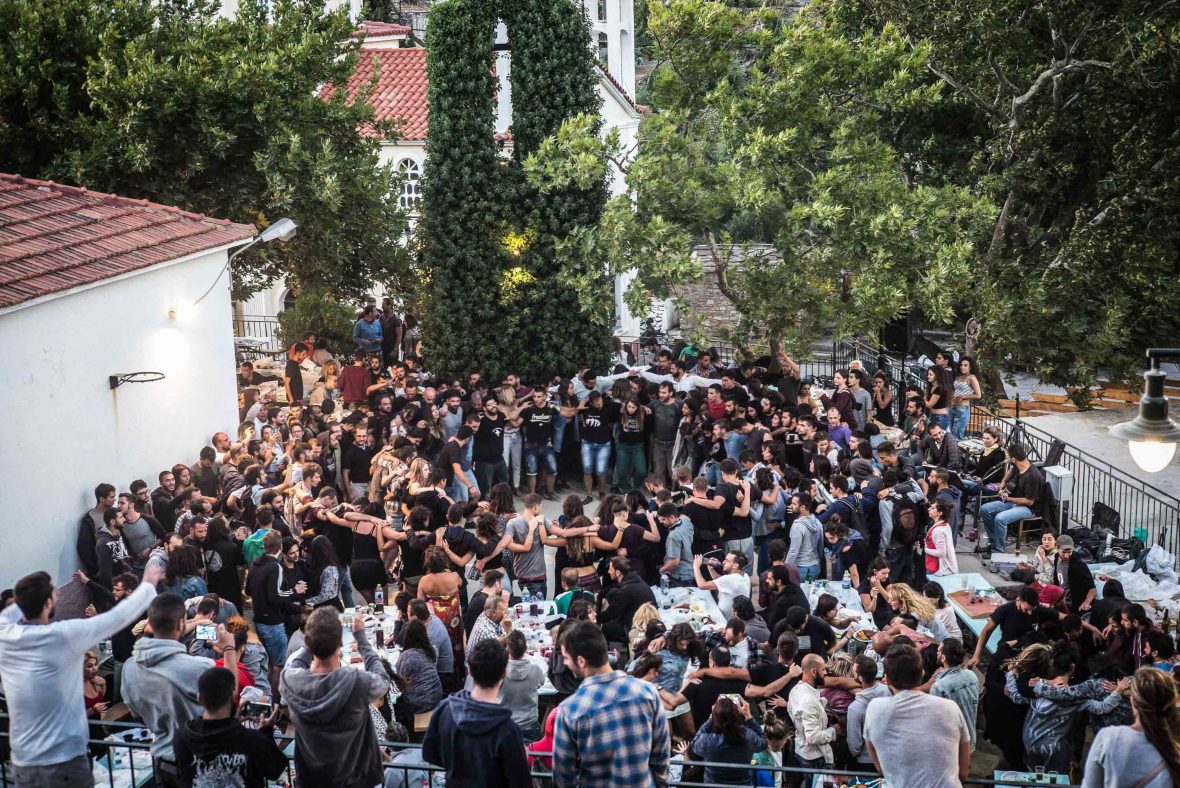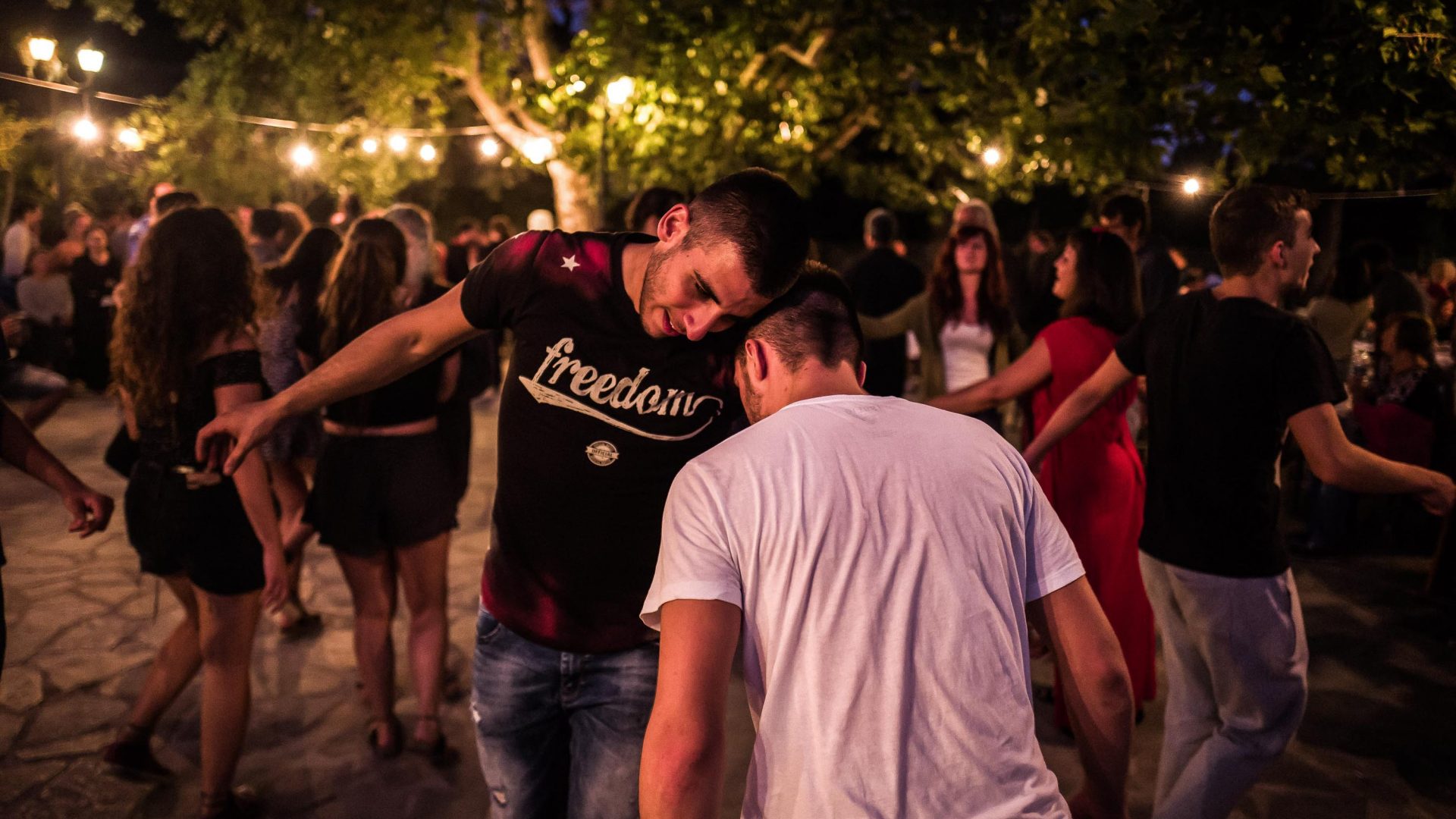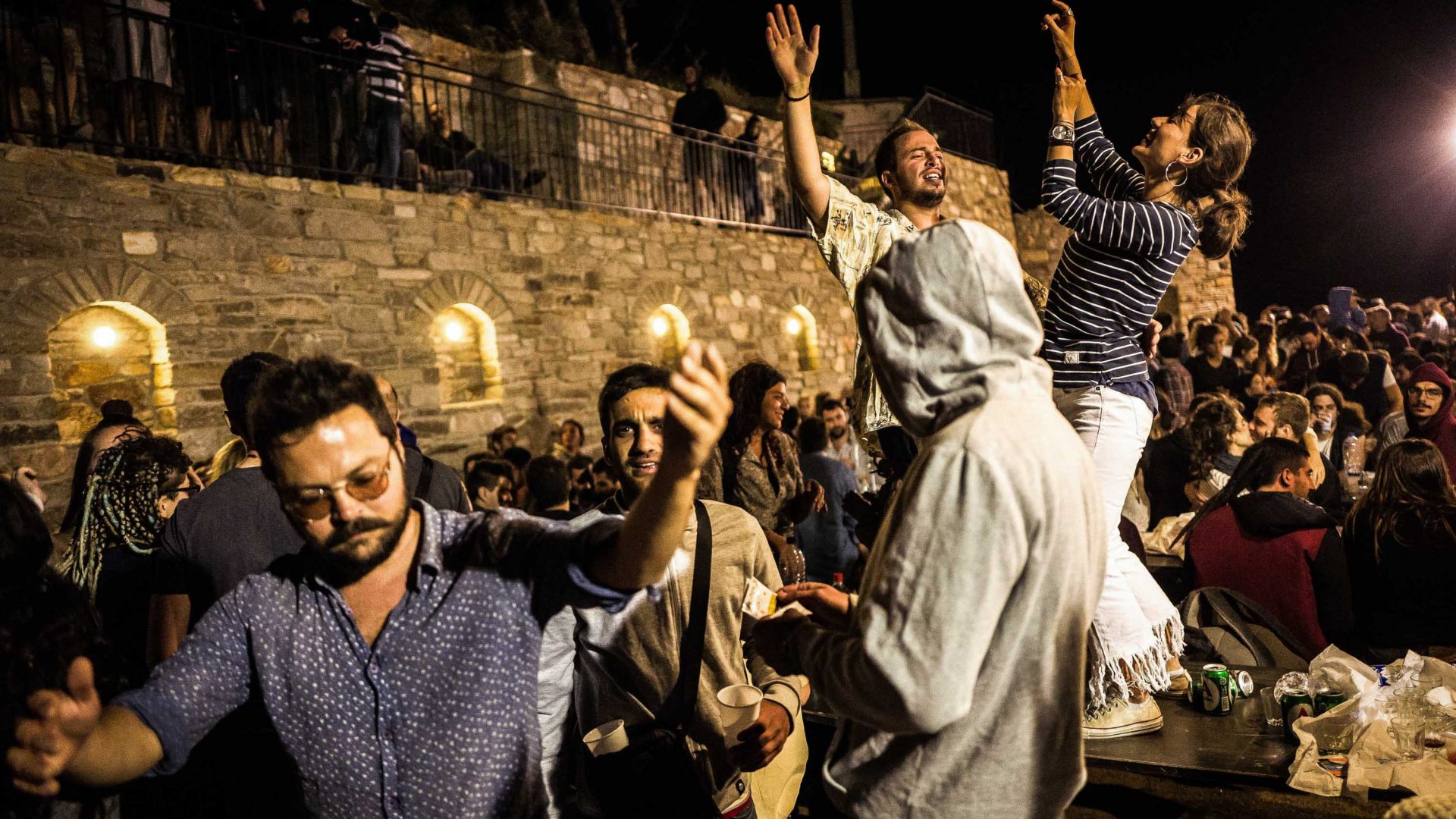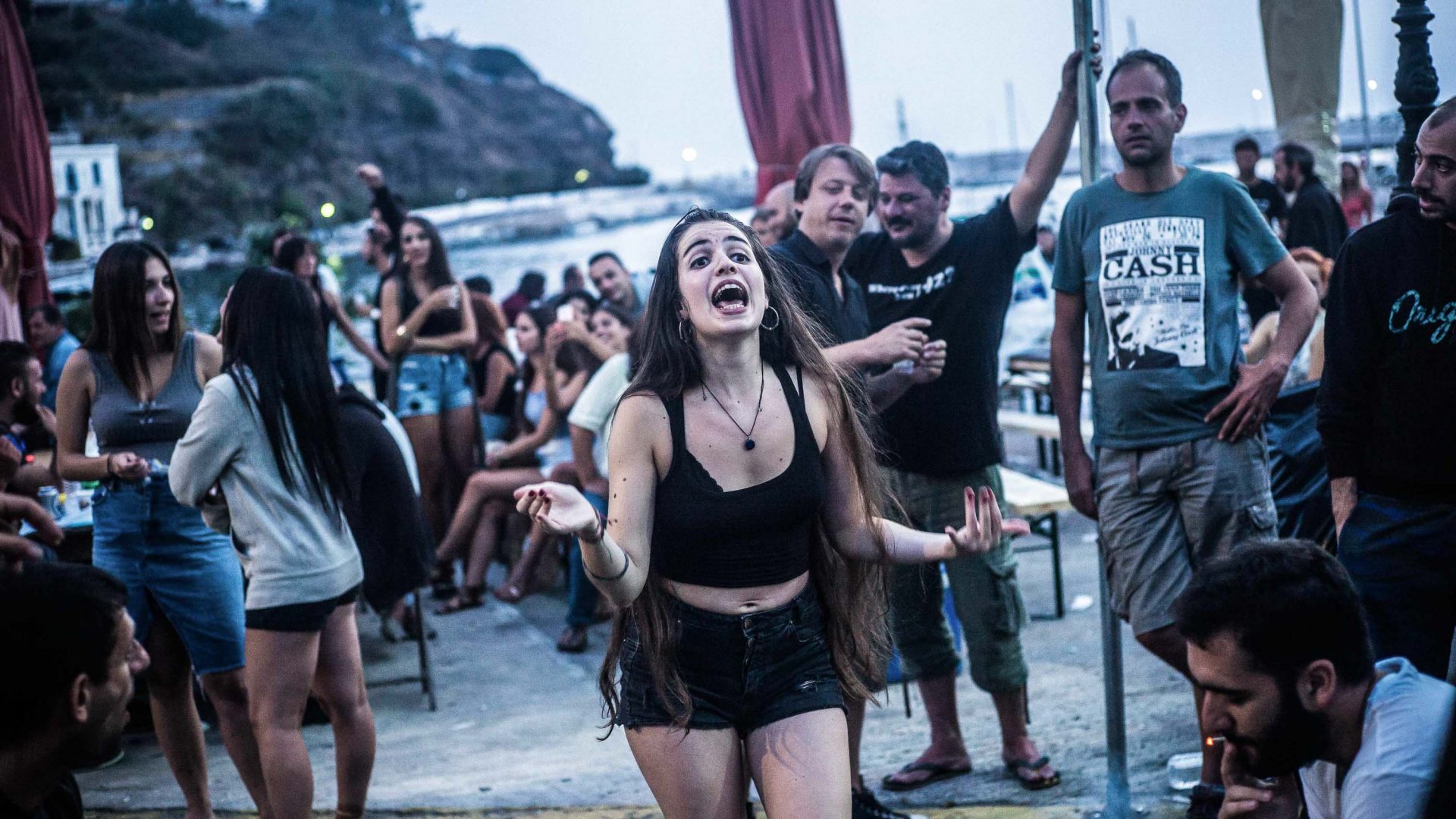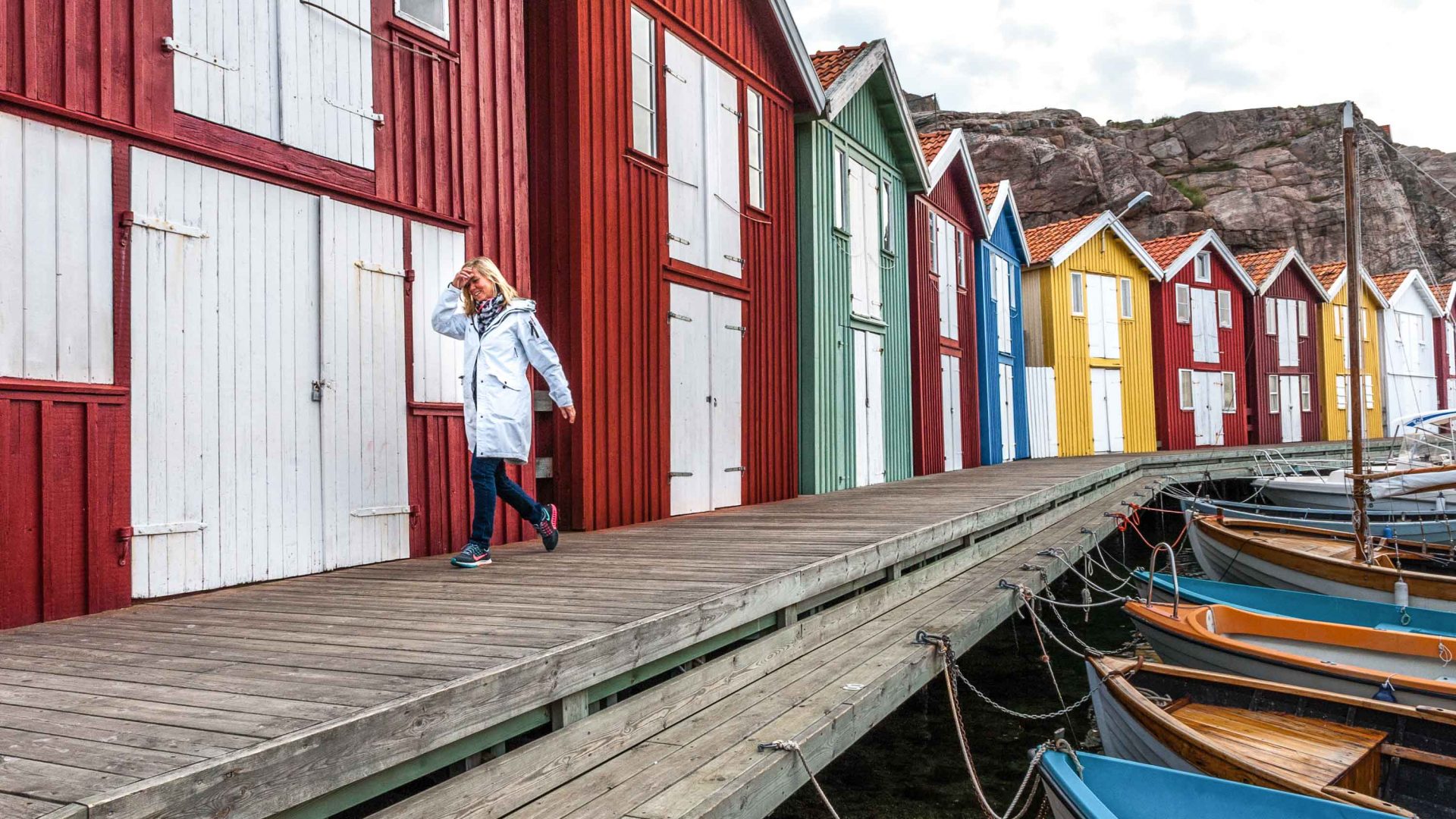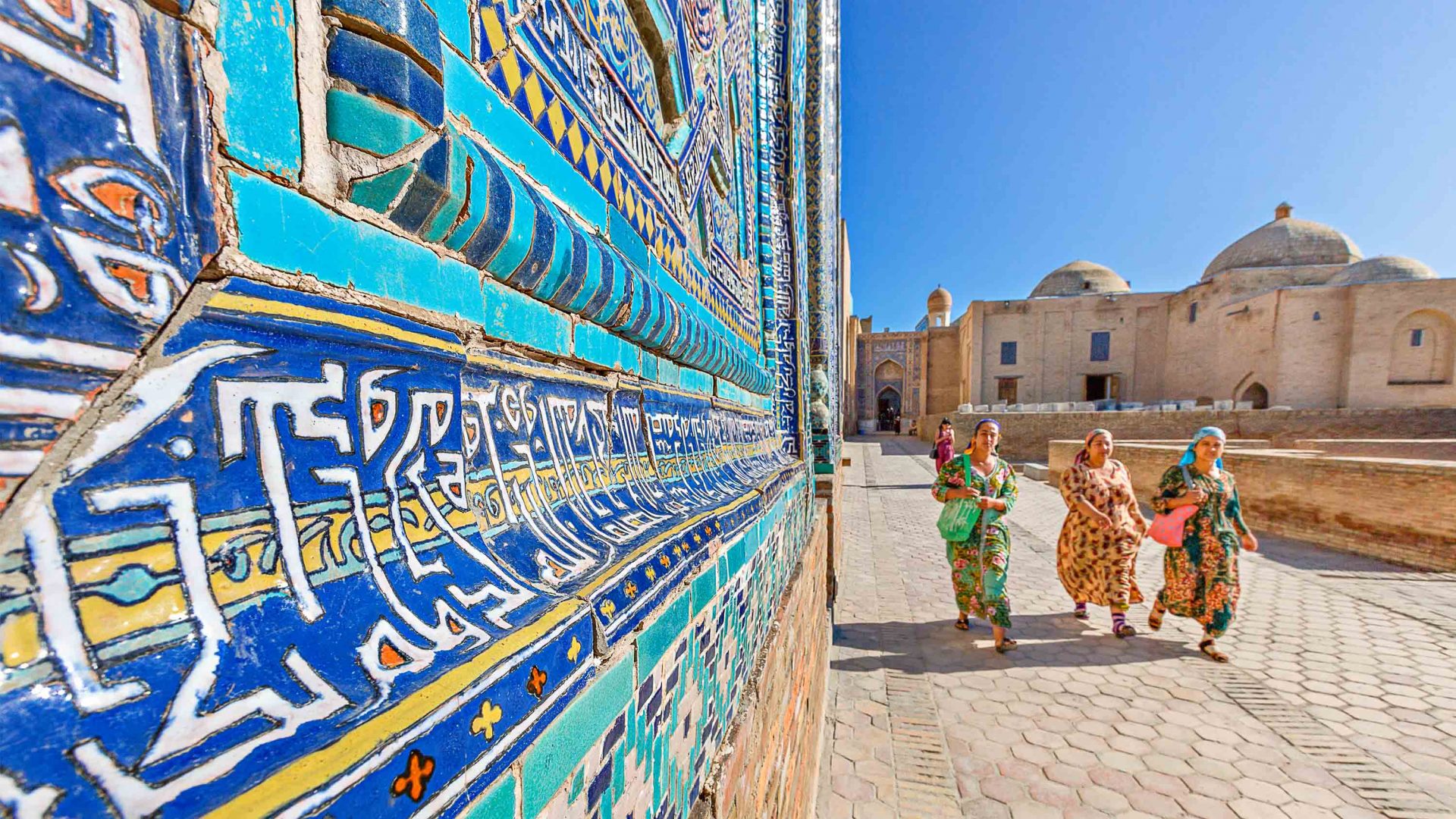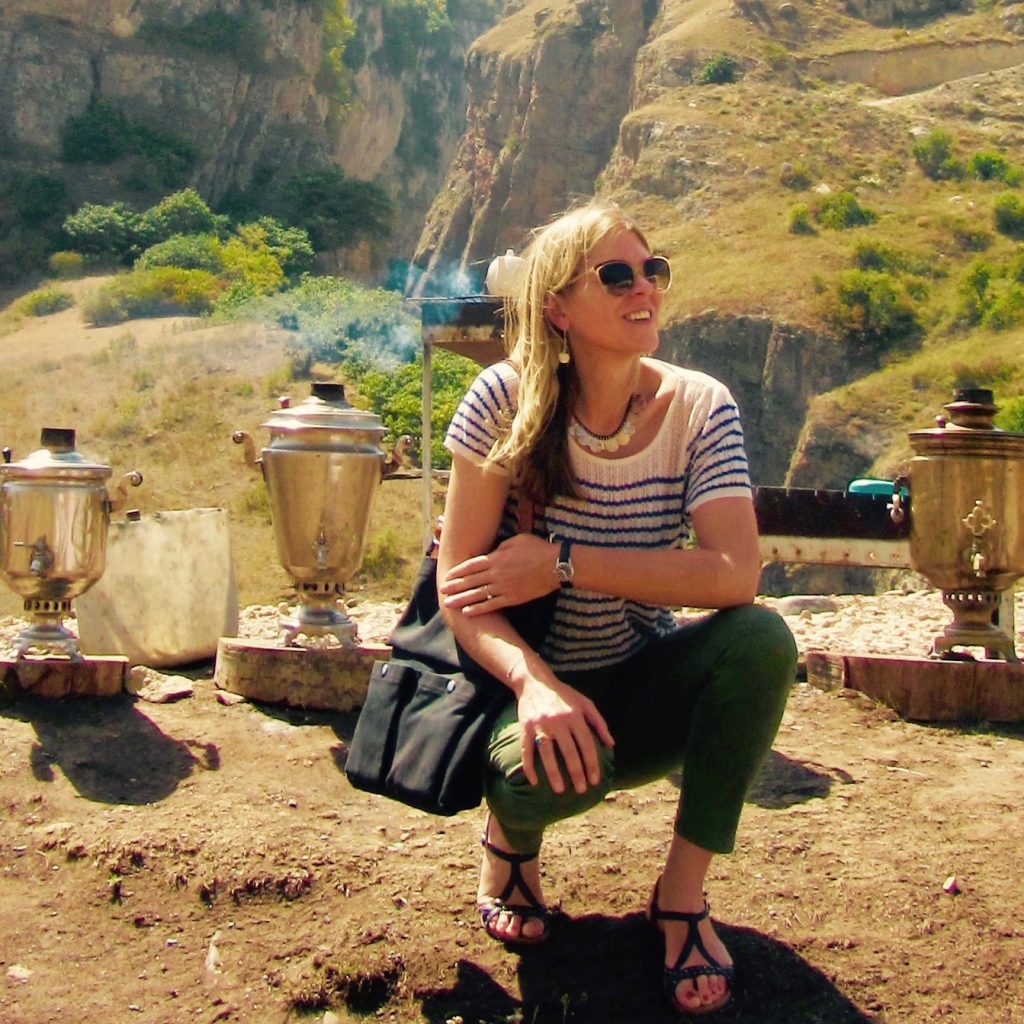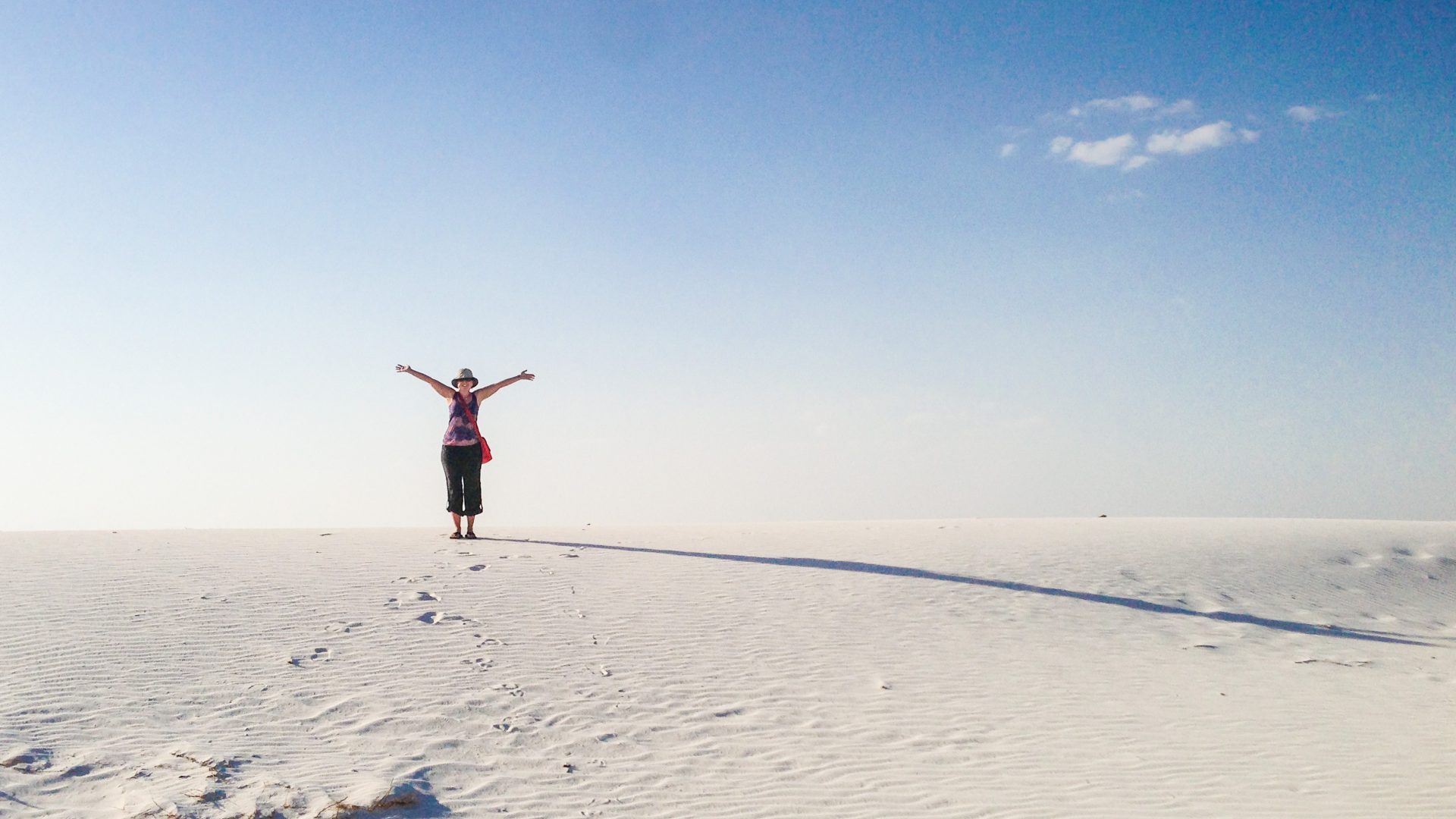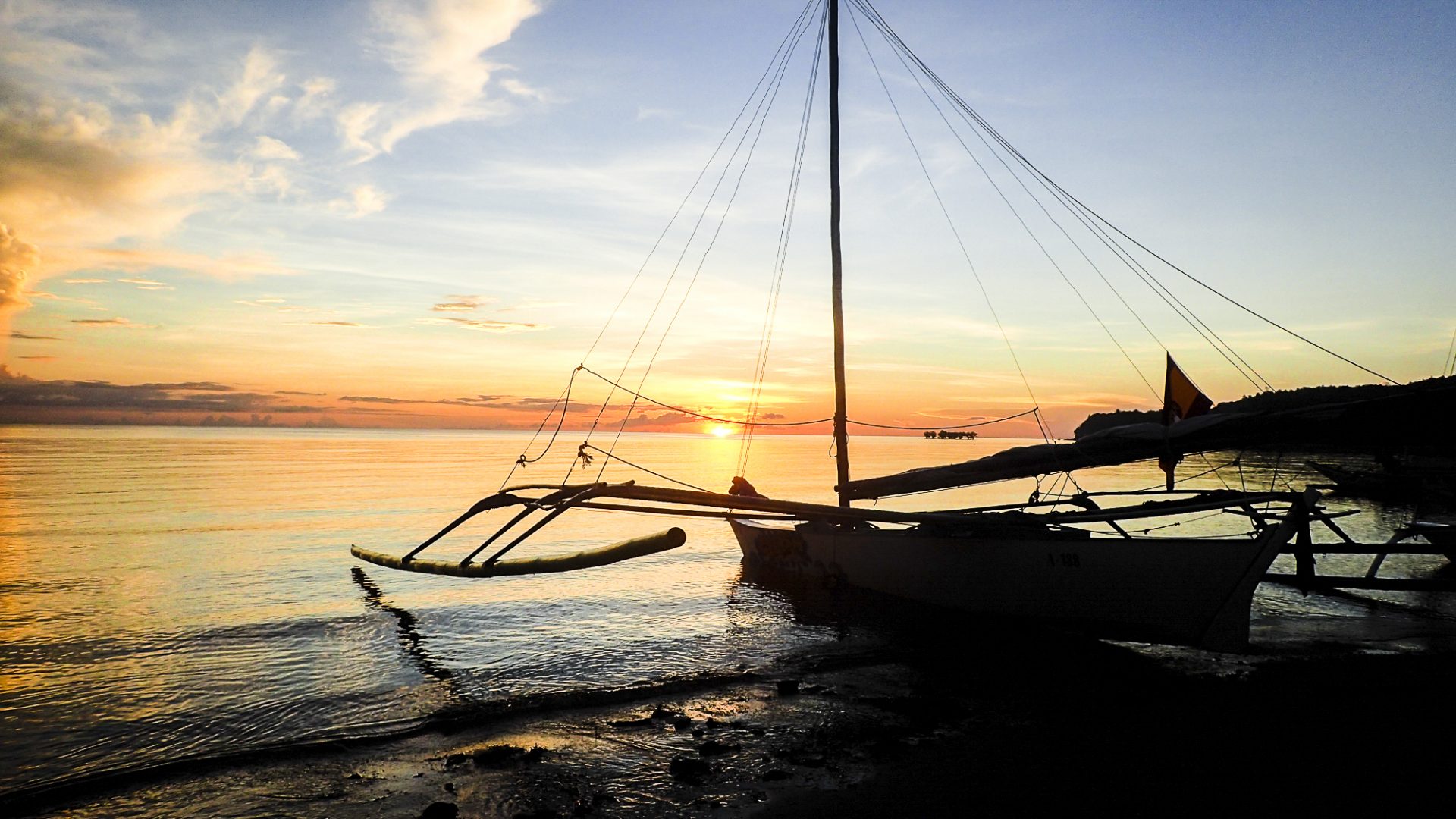
In the midst of one of the worst financial crises the European Union has ever seen, young Greeks are finding freedom on the storied island of Ikaria. Athens-based journalist Alex King visits this new ‘hippie’ haven in search of the young people refusing the hand they’ve been dealt.
Time takes on an altogether different meaning on the Greek island of Ikaria. You can be three hours late to meet a complete stranger and arrive in the dead of night—and you’ll still be greeted like an old friend, presented with a bottle of ouzo, and held in rapturous conversation into the early hours.
Or so it goes when we trek up into the mountains in search of Angelos Kalokairinos, a man who’s perhaps the greatest authority on the rich history of this rugged and fiercely independent island in the Aegean Sea. “[People] search for freedom and dream of a different world, somewhere things can be different,” says Angelos, when we finally find him. “And here, they are different.”
